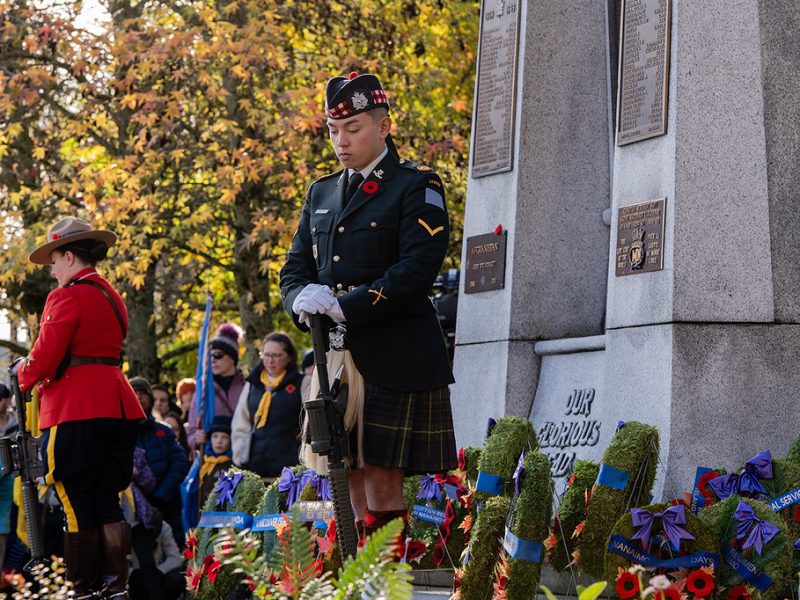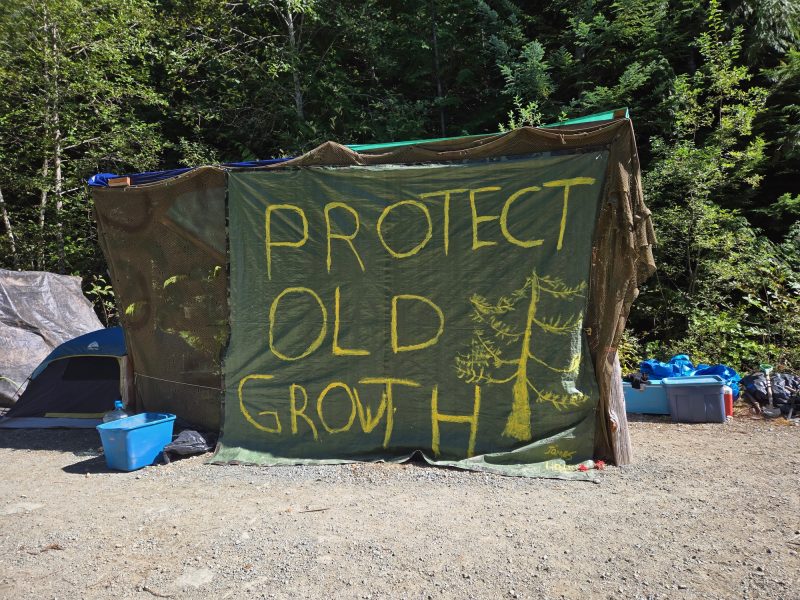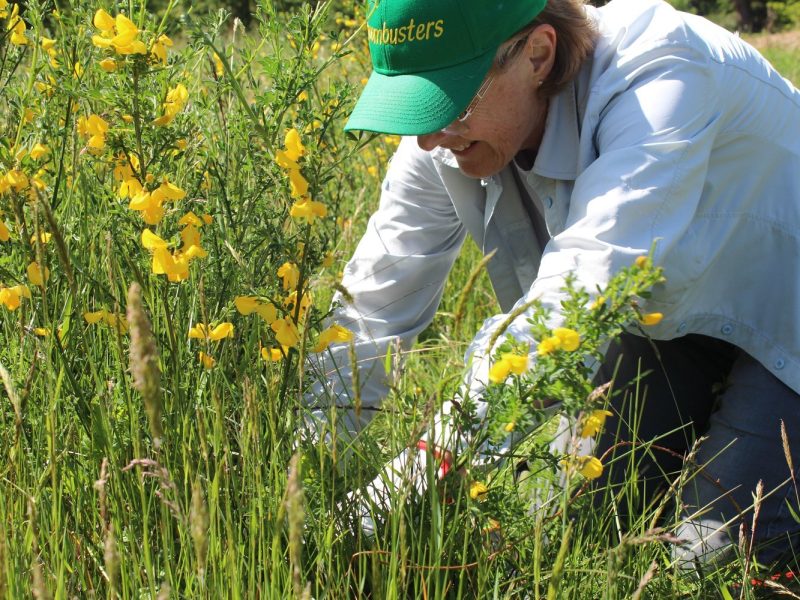
The BC First Nations Justice Council has launched the province’s first virtual Indigenous Justice Centre [VIJC].
“The goal of the [VIJC] is to provide no-cost legal services to Indigenous clients living in under-served areas of the province where access to legal advice or representation is difficult or non-existent,” reads an announcement published by the justice council on Oct. 5.
Through the new centre, Indigenous people with a criminal matter or a child protection legal issue can book an appointment with a free lawyer by calling the toll-free number 1-866-786-0081. A trained navigator will connect them to a lawyer, according to the justice centre’s website.
These lawyers will connect with most clients via phone, but they can also “utilize email, postal mail, video meetings and other options depending on the client’s situation and access to technology.”
The justice council launched in 2016 and aims to provide advocacy and support to Indigenous people, given their overrepresentation in justice and child-welfare systems (due to Canada’s long history of systemic racism).
Indigenous people represent about six per cent of the adult population in B.C., yet they represent 35 per cent of individuals in custody, according to BC Corrections. Indigenous women make up 47 per cent of women in custody in B.C., according to the justice council’s 2020 annual report.
Meanwhile, Indigenous children represent just over two-thirds of all kids in care in B.C., despite the fact that Indigenous kids only make up about 10 per cent of the total population of kids under 14 in B.C.
In March 2020, the justice council and the province of B.C. announced the signing of an Indigenous Justice Strategy, which aims, in part, to expand the network of justice centres in the province from three to 15. There are currently justice centres in Merritt, Prince George and Prince Rupert.
“We endeavour to help people navigate an already intimidating, daunting and frightening system,” says Renzo Caron, the provincial director of B.C.’s Indigenous Justice Centres.

Caron is a member of the Sagamok First Nation. He says that the idea for the virtual centre first came about as a response to the COVID-19 pandemic.
“We are hoping for and very optimistic about delivering no-cost legal services to Indigenous clients living in underserved areas of the province,” he says. “Our goal is to not have anyone leave empty-handed and to provide everyone the opportunity to be listened to.”



